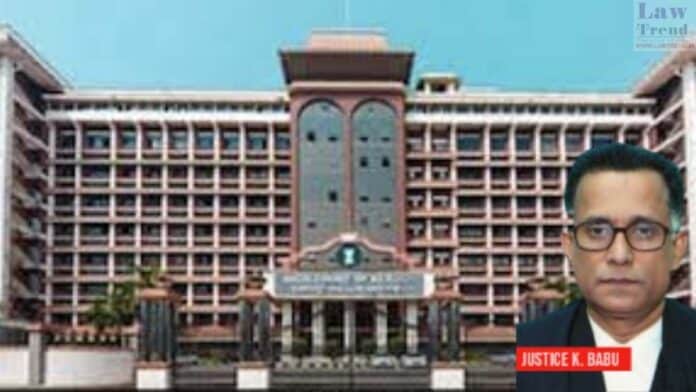The Kerala High Court, in a significant judgment, underscored the necessity of hearing an investigating officer before passing adverse remarks that could potentially affect their career. The ruling was delivered by Justice K. Babu in the case G. Gopan @ Gopakumar v. State of Kerala (CRL.A No. 1235 of 2007), which revolved around the legality
To Read More Please Subscribe to VIP Membership for Unlimited Access to All the Articles, Download Available Copies of Judgments/Order, Acess to Central/State Bare Acts, Advertisement Free Content, Access to More than 4000 Legal Drafts( Readymade Editable Formats of Suits, Petitions, Writs, Legal Notices, Divorce Petitions, 138 Notices, Bail Applications etc.) in Hindi and English.




